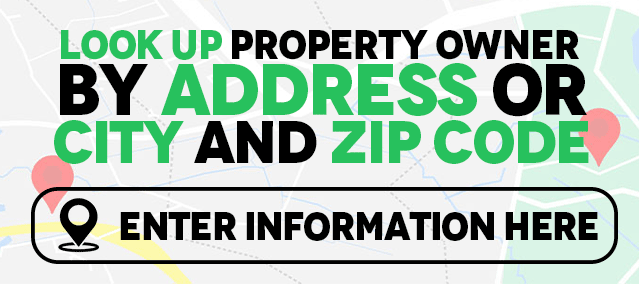
- Community Building: Understanding who lives nearby can help you forge connections and create a supportive network.
- Safety Concerns: Being aware of your neighbors can help you spot potential security threats or recognize unfamiliar faces.
- Property Value Insights: Knowing the ownership and condition of neighboring properties can provide insights into property values and neighborhood trends.
- Investigative Purposes: As a PI, identifying and understanding neighbors might be crucial in building a profile or tracing someone’s history.
Neighbor Lookup: How to find out who your neighbors are?

- Input the Address: To find out about your neighbors, you’ll need to input the address of your own home or any home on your street. If you want to get a full view of your neighborhood, you may need to do this for several houses on your block.
- Review the Results: Once you enter the address, we will pull up the ownership details of the property, including the owner’s name, the property’s purchase history, and sometimes even contact information. This is where you can start piecing together who your neighbors are.
- Expand Your Search: To get a comprehensive understanding of your neighborhood, repeat the search process for other addresses on your street. This will help you map out who lives where and understand the dynamics of your street.
- Cross-Reference Information: Sometimes, it’s useful to cross-reference the data with other public records or online platforms such as county tax assessor’s websites, social media, or even Google Maps, to get a more detailed profile of your neighbors.
Ethical Considerations
While it’s tempting to dive deep into the lives of those around you, it’s important to approach this type of research with ethical considerations in mind:- Privacy: Be mindful of privacy concerns and avoid using the information for harassment or any unlawful activities.
- Legitimate Purpose: Ensure that your reasons for searching are legitimate, whether it’s for safety, community awareness, or professional investigative purposes.
Conclusion on finding neighbors name by address


